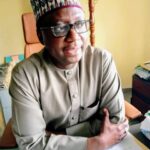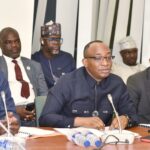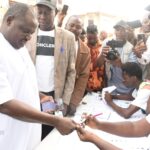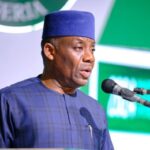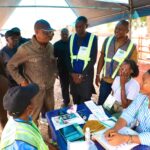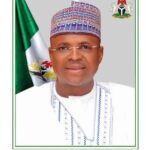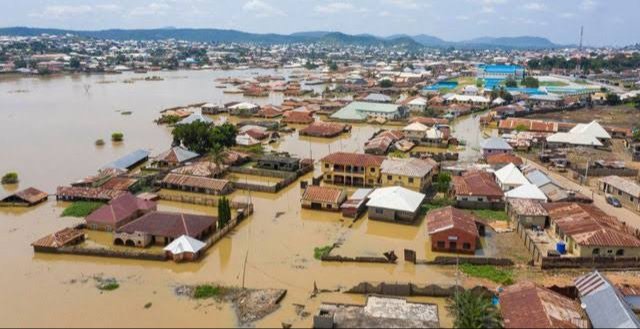Toward credible, peaceful LG polls in Plateau
By Polycarp Auta, News Agency of Nigeria (NAN) With the recent verdict of the Supreme Court granting financial autonomy to the 774 Local Government Areas (LGAs), Nigerians, particularly rural dwellers, have developed deep interest in who takes charge of the affairs of their councils. Plateau has slated Saturday, Oct. 9,Continue Reading


